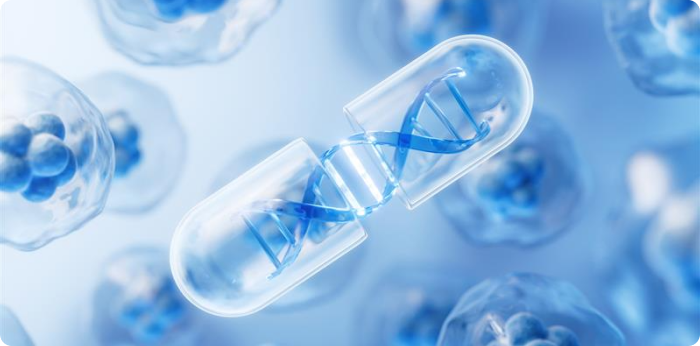
search
Aug 19, 2025
A Contract Development and Manufacturing Organization (CDMO) plays a pivotal role in the biologics manufacturing process. These organizations provide outsourced services to pharmaceutical and biotech companies, helping them develop and produce biologic drugs that treat various medical conditions. But what exactly are biologics, and how do biologics CDMOs fit into the equation?
Biologics - also known as large molecule therapies - are derived from living organisms or their components. They include complex treatments such as vaccines, gene therapies, monoclonal antibodies, and injectable medications. Unlike traditional small-molecule drugs, biologics are often more difficult to manufacture due to their size, structure, and the fact that they require specialized conditions for production.
The development of biologics typically involves biotech and pharma companies that specialize in researching and producing these complex therapies. These companies invest significant time and resources into creating innovative biologics treatments for conditions such as cancer, autoimmune diseases, and rare genetic disorders.


There are several different types of biologics, each designed for specific medical needs:
Each type of biologic requires a specific approach to development, and this is where biologics CDMOs step in.
A biologics CDMO supports biotech and pharmaceutical companies throughout the entire lifecycle of biologic drug development, from early-stage research to full-scale manufacturing. The role of a biologics CDMO involves:
By offering expertise in these specialized areas, biologics CDMOs help reduce the time and cost involved in bringing biologic drugs to market.
The development and manufacturing process for biologics is far more intricate than traditional small-molecule drugs. It involves:
Throughout each of these stages, adherence to Good Manufacturing Practices (GMP) guidelines is crucial to ensure quality and regulatory compliance.


Navigating the complex regulatory landscape is one of the biggest challenges in biologics development. Biologics CDMOs assist pharmaceutical and biotech companies by ensuring that all stages of drug development and manufacturing comply with global regulatory guidelines. This includes complying with the FDA, EMA, and other relevant regulatory bodies, which is crucial for obtaining approval and bringing the biologic to market.
A CDMO offers support in:
By partnering with a biologics CDMO, pharma and biotech companies can ensure they meet all the requirements for approval. This can significantly shorten the time to market and bring treatment to patients in need faster.
Biologics CDMOs play an essential role in the development and manufacturing of effective large-molecule drugs. They provide invaluable expertise in cell line development, vaccine manufacturing, gene therapy, and the production of large molecules, all while ensuring adherence to strict GMP guidelines. By working alongside biotech and pharmaceutical companies, biologics CDMOs help bring complex and life-saving treatments to market more efficiently and cost-effectively.
